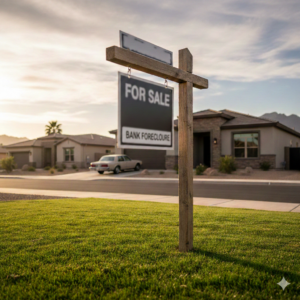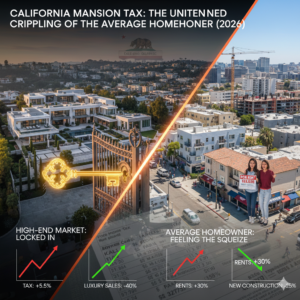 San Diego real estate
San Diego real estate
My first house in San Diego was within walking distance of San Diego State University. It was on a nice little cul-de-sac street, and for San Diego, on a huge almost 1/3 acre lot.
It was while living at this home that I became keenly aware of the factors in one’s neighborhood that not only can have an effect on your home’s resale value but also on its marketing time.
Yes, every neighborhood has them, homeowners who, for lack of a better phrase, have no pride in ownership. Naturally, this varies widely from neighborhood to neighborhood, and individual homeowners.
Being in real estate over three decades, it’s not unusual to run into neighborhood eyesores. Â As a matter of fact, it’s my opinion that it would be unusual not to run into at least one or two in any given neighborhood.
A study by the appraisal Institute confirms the obvious fact that living next to such a neighborhood eyesore  (a homeowner that shows no pride in ownership) is a major detrimental factor in the resale value of not only the homes adjacent to the eyesore, but even homes a block or two away.
In San Diego, perhaps the biggest cause of neighborhood home eyesores, is the fact that they’ve been rented to tenants who have no desire, time or incentive to maintain the property properly. You would think, an astute owner who rents their property would include provisions in the lease that it be properly maintained. Common sense yes, but many times such provisions are eliminated, or not thought of at the time the lease is drawn.
Having a written agreement is one thing, having an enforcement provision, and implementation of such an enforcement division is key to maintaining a property. A homeowner who becomes a landlord for whatever reason, should at minimum, contact the tenant on a monthly basis to inquire if any maintenance is needed, and at the same time, at least drive by the property once a month to see how it looks visually.
If the reason the homeowner is renting the property is because of a forced move out of the area, the best thing to do is to hire a professional property management company to not only ensure that the tenants are paying on time but also that the property is being maintained properly. The usual cost for such a management company would run about 10% of the monthly rent amount. Obviously, this is a cost that will decrease the net investment return. Â It should be considered inexpensive insurance that insurers the maintenance of your real property while showing concern for your neighbors as well as the local neighborhood.
Another factor that can damage your home’s value, but in established neighborhoods would be readily visible, would be the proximity to a power plant. A University of California at Berkeley study showed that homes within 2 miles of a power plant can suffer a decrease of between 4 to 7% in their sales value.
In a study out of Arizona, it was shown that the subdivisions built near landfills, lose 6 to 10% of their resale value when compared to similar homes that are not near landfills. To take it one step further, should the government declare an area near your property a Superfund toxic cleanup area, a professor from Cleveland State University says that your home value can decline by 15%.
For San Diego homeowners, probably the biggest factor that can affect home values is the proximity to a foreclosed home. A study out of MIT showed that homes within 250 feet of a foreclosed property will decrease by 1% per foreclosure.







In your market, is it allowed to rent properties as vacation homes (thereby bringing transient visitors)? In ours, it is debated that allowing homes (not condos) do short-term rentals would devalue all others in the neighborhood. It is an ongoing debate.
**Ed Reply: Would be against most zoning codes as this is more like hotels.